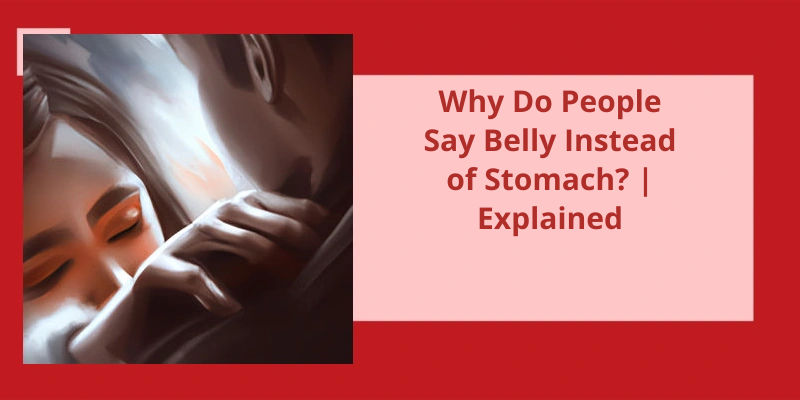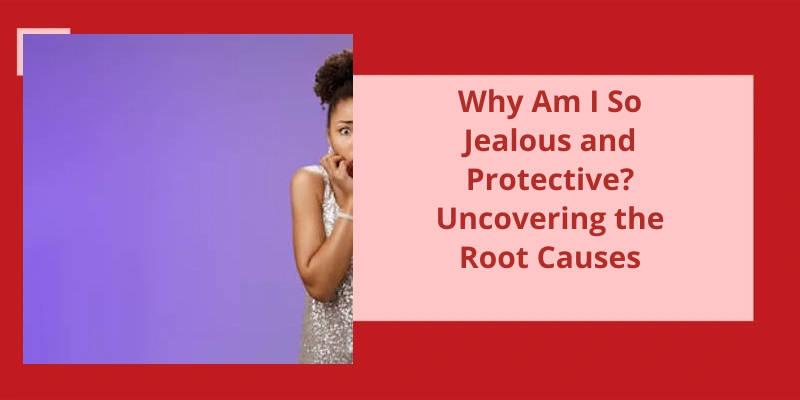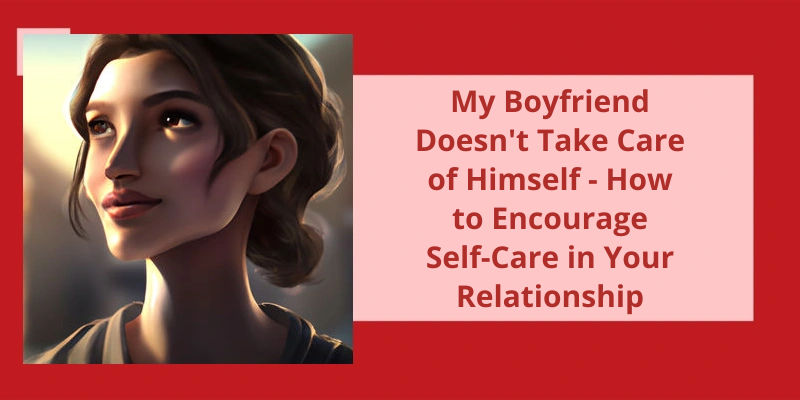When it comes to the topic of someone cutting their hair, it often prompts a variety of comments and reactions from those around them. Whether it's a friend, family member, or colleague, there's usually an underlying desire to acknowledge and appreciate the effort they put into changing their look. However, expressing admiration for someone's new haircut can sometimes be a delicate matter, as no one wants to come across as insincere or overbearing. That's why phrases like "I don't mean to bother you, but you got a new cut right?" or "I hope I'm not overstepping, but I just wanted to say that your new haircut looks really nice" come into play. These subtle yet thoughtful remarks allow individuals to express their genuine admiration without drawing too much attention or making the person uncomfortable in front of others. It's a way of offering a compliment while still respecting boundaries, which is always appreciated. After all, a simple acknowledgment of someone's efforts to change their appearance can go a long way in making them feel seen and valued.
What Do You Say to Someone With New Hair?
When it comes to expressing admiration for someones new hair, simplicity is key. Instead of overthinking the phrase, it’s best to be direct and authentic with your compliment. A straightforward “I like your hair!” can go a long way in making the person feel acknowledged and appreciated. By keeping your comment concise, you avoid unnecessary elaboration that might make it seem insincere or forced.
If you want to take your compliment a step further, you can say “I love your new hairstyle!”. This shows that you aren’t only acknowledging the change but genuinely appreciate the effort they’ve put into the new look. Again, brevity is key here. By avoiding excessive compliments or unrelated comments, you maintain the focus on their hair and ensure your message is clear and genuine.
It’s worth noting that individual preferences vary, and what resonates with one person may not have the same impact on another. However, by sticking to simple yet meaningful phrases like “I like your hair” or “I love your new hairstyle,” you’re likely to convey your admiration in a way that will be well-received and appreciated.
How to Respond to Compliments on Your Own New Hair (e.g. “Thank You! I’ve Been Experimenting With Different Styles Lately.”)
- Thank you! I’ve been experimenting with different styles lately.
When someone changes their hairstyle or gets a haircut, offering a kind compliment is a natural response. Phrases like “nice haircut!” or “I love your hair” often precede questions about where it was done. However, it’s essential to go beyond the ordinary and offer genuine praise or curiosity about their new look.
What Do You Say to Someone Who Cut Her Hair?
When we notice that someone has had a haircut, it’s only natural to want to acknowledge and appreciate their new look. A common and straightforward response to someones new hairstyle would be to compliment them, such as saying, “Your hair looks amazing!” or “I really love your haircut!”. These simple phrases not only show that you noticed their change but also express admiration for their decision.
If youre curious about where they got their hair done, a polite way to inquire would be by saying, “Where did you get your hair done?”. This demonstrates your interest and gives them an opportunity to share any recommendations if they’d a positive experience at the salon or barbershop. Alternatively, you could ask, “Who did your hair?” if you specifically want to know about the stylist or barber responsible for the fantastic result.
Furthermore, expressing genuine curiosity and giving them a chance to talk about their new haircut can make for a meaningful conversation starter. You could say, “You look great with this new haircut, how are you feeling about it?” or “What made you decide to go for this new style?”. This approach encourages open and engaging dialogue while also making the person feel valued and acknowedged for their decision.
It’s important to remember that different people have varying comfort levels when it comes to discussing personal matters, including their appearance. Being considerate of their feelings and avoiding any negative comments should always be a priority. In most cases, a positive and uplifting response, combined with genuine interest, will make the person appreciate your compliment and feel more confident in their new haircut.
How to React if You Don’t Like Someone’s New Haircut
If you don’t like someone’s new haircut, it’s important to handle the situation with tact and respect. Instead of expressing your dislike directly, focus on finding some positive aspects to compliment. You can say things like, “I appreciate your new look” or “You’re so brave for trying something different.” Avoid making negative comments or comparisons to their previous hairstyle, as this can be hurtful and undermine their confidence.
Remember, everyone has their own unique style and preferences when it comes to hair, and what may not appeal to you could be a significant change for them. It’s important to respect their choices and embrace the fact that people express themselves in diverse ways.
Source: How do you respond when someone gets a haircut?..
Regardless of the present or past context, the verb “to cut” remains unchanged in it’s first-person form. Whether it implies a current action, a previous occurrence, or a habitual behavior, saying “I cut my hair” leaves room for interpretation.
What Is the Past Tense of Cut My Hair?
When discussing the past tense of cutting ones hair, it’s important to consider the verb to cut in the context of the first person. The phrase I cut my hair can be interpreted in various ways, creating ambiguity regarding the timing of the action. The sentence can imply that the person is currently cutting their hair, that they cut it at some point in the past, or even that hair cutting is a habitual activity for them.
The lack of a distinct past tense form for to cut in the first person contributes to this confusion, as the word itself remains unchanged. This linguistic feature allows for versatility in interpretation, making it essential to consider the broader context of the statement to accurately discern the intended timeframe. The intended meaning can be clarified through additional details provided by the speaker, such as time adverbs or specific explanations.
In everyday conversation, people may rely on contextual cues or additional phrasing to indicate that the act of cutting ones hair has already occurred in the past. For instance, someone might say, “I just cut my hair yesterday,” which explicitly communicates that the action happened in a previous timeframe. In such situations, speakers can employ temporal markers like just, yesterday, or last week to convey the past tense more explicitly.
Now, let’s delve into the intricacies of using the word “haircut” as a noun and explore the different ways it can be utilized in everyday conversation.
Is It Correct to Say Cut Your Hair?
When it comes to discussing haircuts, there are several ways to express the act of cutting ones hair. The choice of phrase depends on the context and who performed the haircut. If someone else recently trimmed your hair, you’d typically say, “I’d my hair cut.”. This construction emphasizes that the action was done by another individual. However, if you personally took the scissors in hand and trimmed your own hair, you’d say, “I cut my hair.”. This statement highlights the fact that you were the one responsible for the haircut.
Furthermore, if you wish to convey that you now possess a new hairstyle, you might opt to use the term “haircut” as a noun. In this case, you could say something like, “I’ve a new haircut.”. This sentence indicates that your hair has been altered and refers to the overall result of the cutting process. It’s a way to communicate that you’ve a different, refreshed appearance.
It’s crucial to note that the phrase “cut your hair” is commonly used in everyday speech. However, it’s accuracy is dependent on the intended meaning. This imperative form implies that the person should perform the action of cutting their own hair.
Language is a dynamic and evolving system, and as such, differences may exist in regional dialects or personal usage. Nonetheless, understanding the appropriate phrasing can contribute to effective communication and clear expression when discussing the act of cutting ones hair.
What Do You Say After a Bad Haircut?
Im not really feeling the volume and texture that I was hoping for. Is there anything we can do to add more dimension to it?”. This allows you to express your dissatisfaction while also offering a solution that the stylist can work with.
Additionally, it’s important to communicate any concerns or issues you’ve about the cut in a respectful manner. Avoid using harsh or critical language that may come across as rude or offensive. Instead, choose your words carefully and express your feelings in a constructive way. Remember, the stylist wants to make you happy, so being clear about your expectations can lead to a better outcome.
It’s also important to consider the context in which you received the haircut. If it was a professional salon, you’ve every right to expect a certain standard of quality and should feel comfortable expressing your dissatisfaction. On the other hand, if you got your haircut from a friend or family member, it’s important to approach the conversation with more sensitivity, as they may have been trying their best with limited experience.
When talking to the stylist about your haircut, try to be as specific as possible. Instead of simply saying “I don’t like it,” point out specific areas or details that are bothering you. For example, you could say, “I feel like the layers are uneven, and it’s making my hair look lopsided.”. By being specific, you give the stylist a clear idea of what needs to be fixed, which can lead to better results.
Finally, keep in mind that sometimes, it’s best to give the cut some time to settle before making any drastic decisions. Haircuts often look different once theyve had a chance to be styled at home, so take a few days to experiment with different styling techniques and products. If you still feel unsatisfied after that time has passed, don’t hesitate to reach out to the stylist and discuss possible solutions.
Conclusion
In conclusion, when it comes to expressing our thoughts and opinions on someone's new haircut, it's important to strike a balance between offering genuine compliments and being considerate of their personal boundaries. While it's natural to feel enthusiastic and want to share our admiration, approaching the situation with sensitivity by using phrases like "I hope I'm not overstepping" or "I didn't want to make a big deal" can help ensure that our intentions are well-received. By acknowledging the change and expressing sincere appreciation, we can make the individual feel valued and boost their confidence. Ultimately, offering kind words about someone's haircut is a small gesture that can have a big impact on their day.





